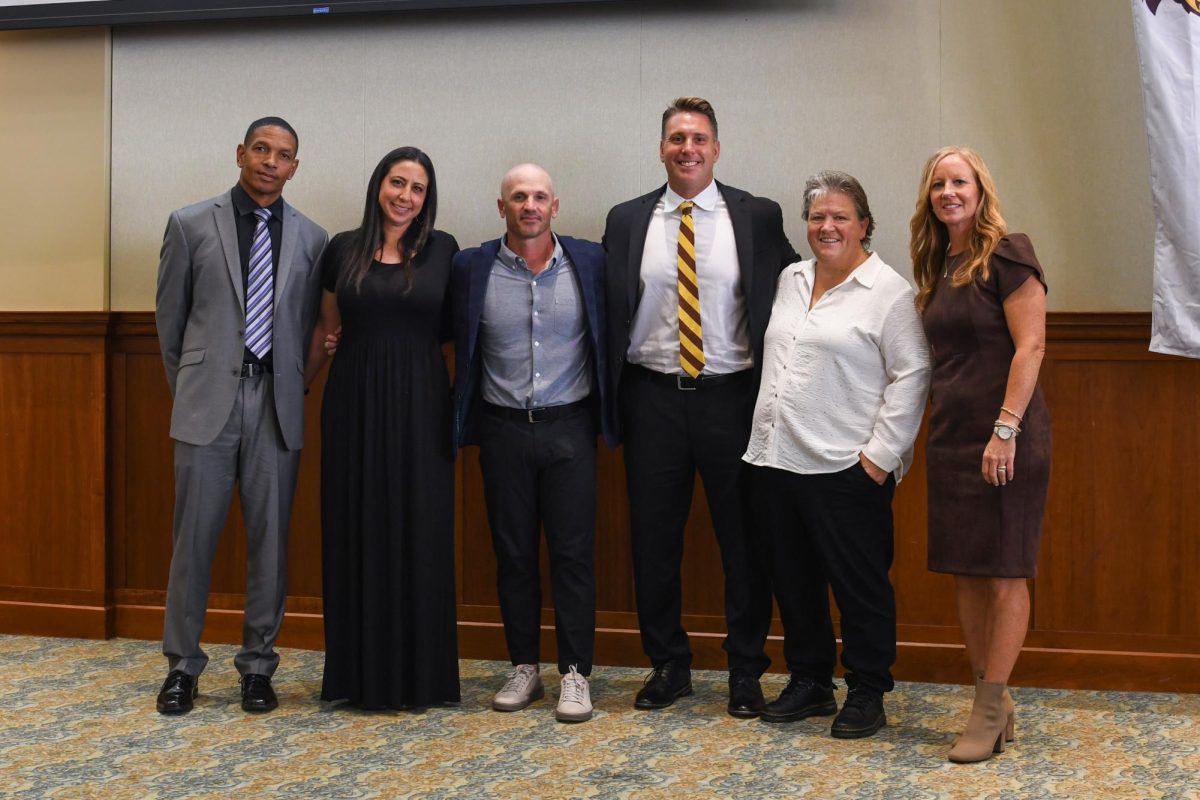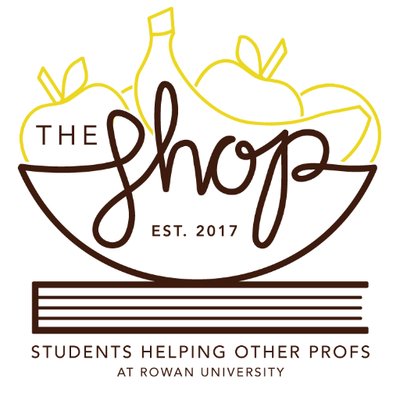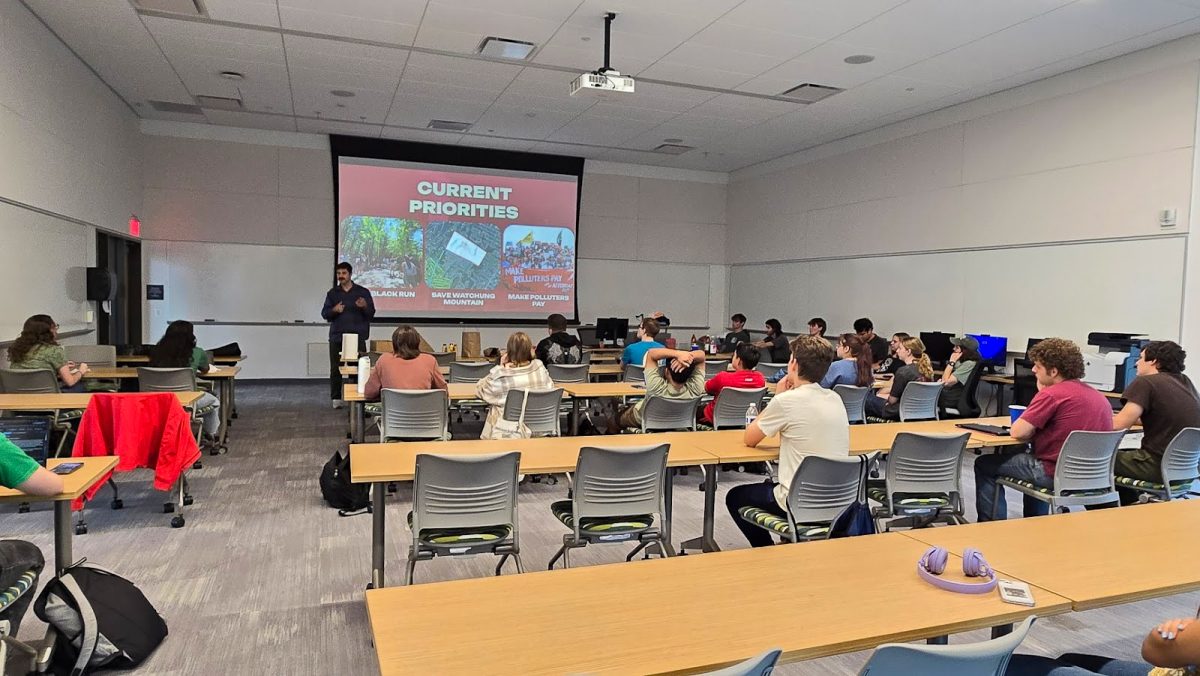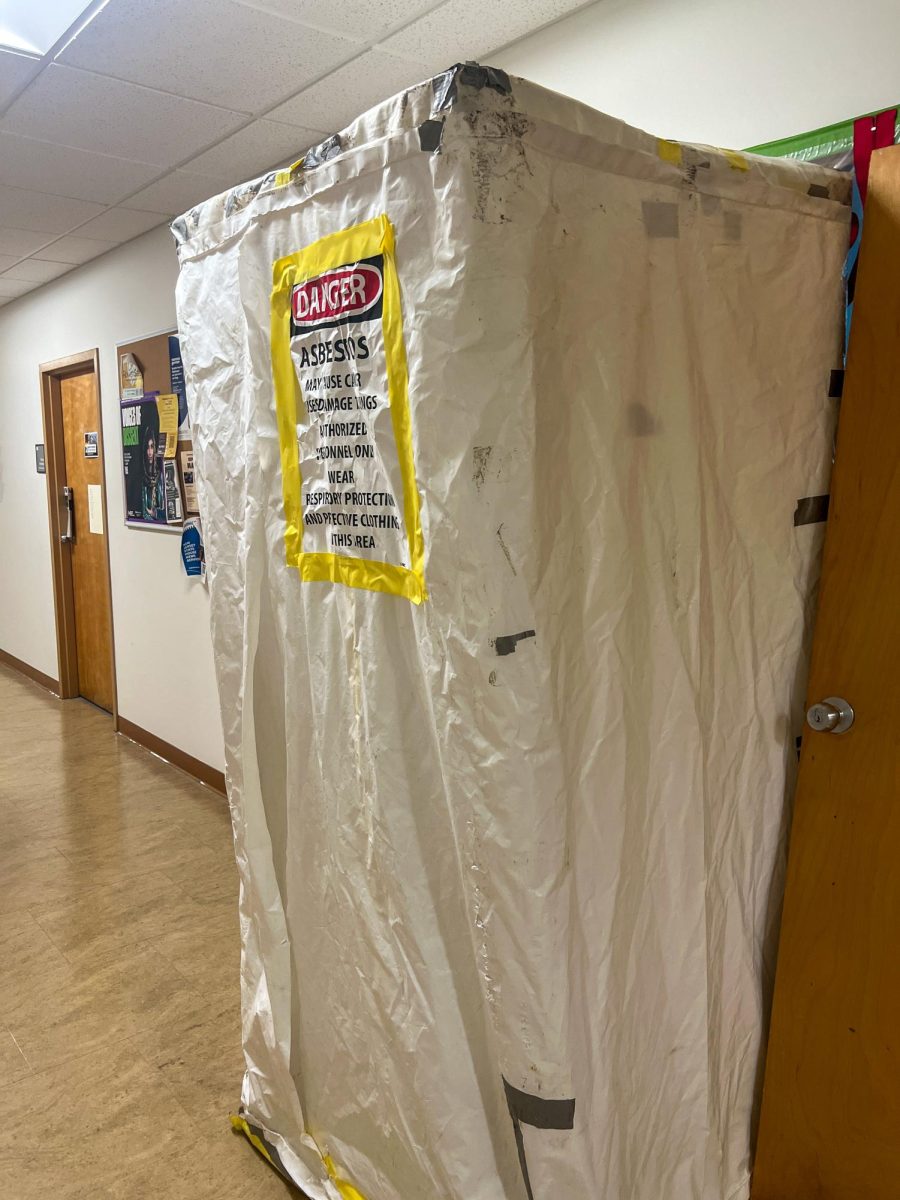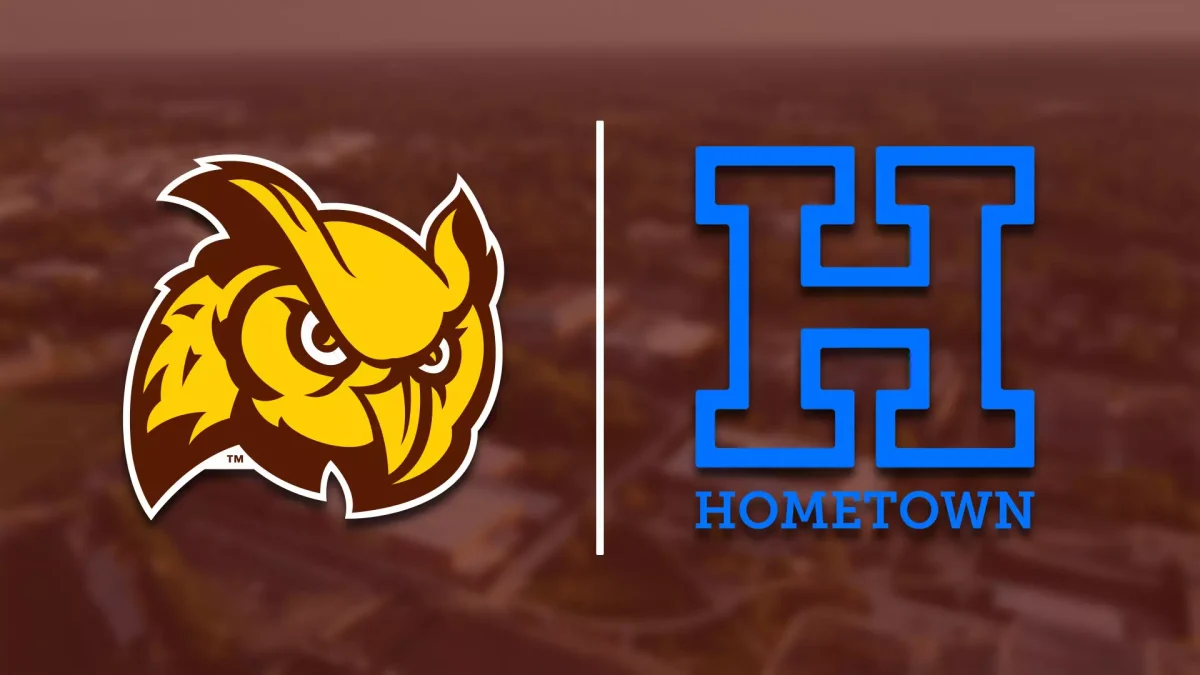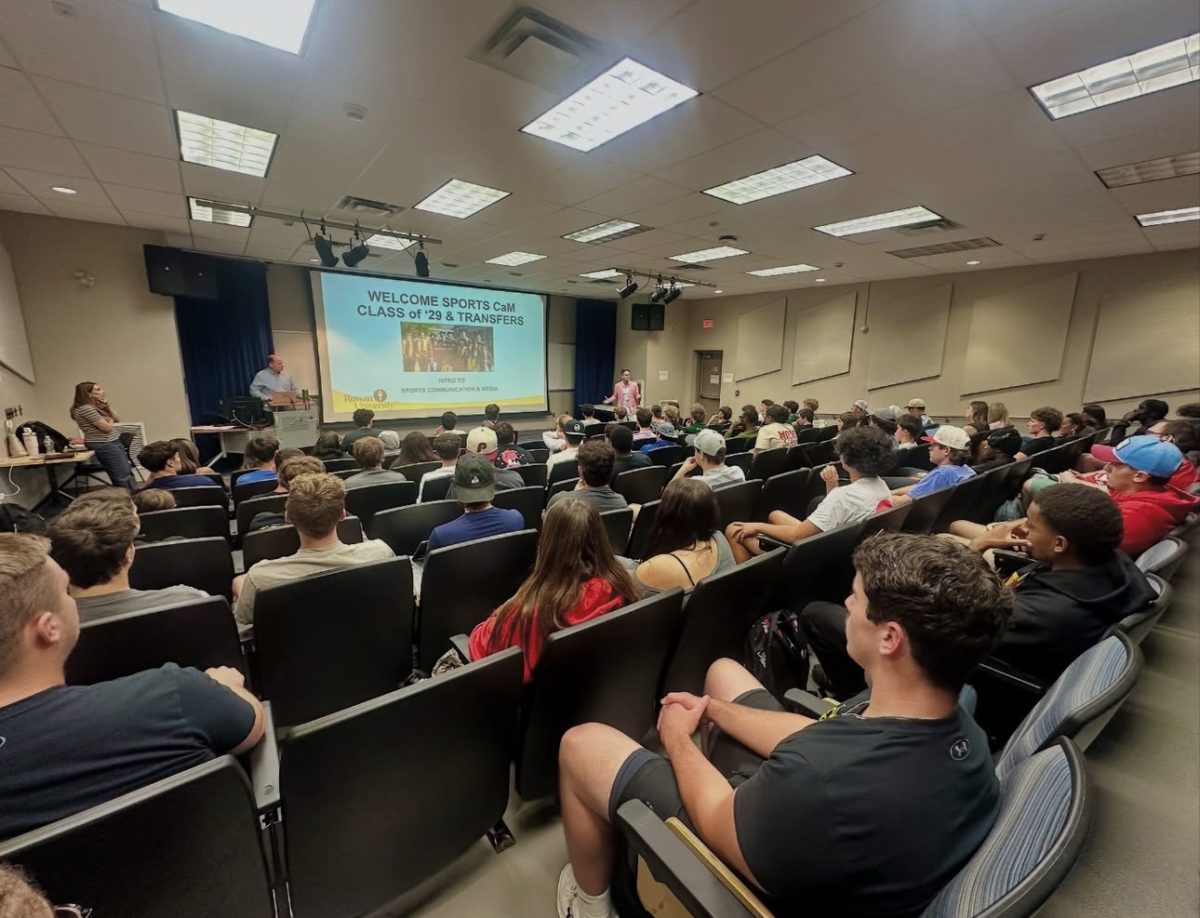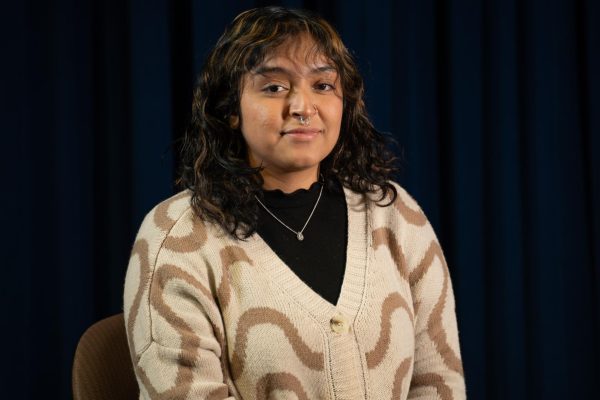Rowan University serves a multitude of cultures with students from diverse backgrounds. According to CollegeSimply, around 31% of the student body are Black, Indigenous, and People of Color (BIPOC). Though a smaller percentage, as the university is a Predominately White Institution (PWI), the university has acknowledged how to bring inclusivity for BIPOC students.
Now, the Shop, Rowan’s first-ever on-campus food pantry and resource center, has added a new initiative to serve BIPOC students who can’t find ingredients or food items from their culture at the food pantry. BIPOC students looking to purchase these food items can ride a free shuttle from the Shop to local multicultural grocery stores.
Andrew Perrone, who oversees the Office of Volunteerism & Community Engagement, is the lead administrator for the Shop and has been a part of bringing this initiative to campus.
“This initiative actually came about through some grant funds that we’ve received and also connects to a past grant,” said Perrone. “We’ve been recipients of the State of New Jersey’s what they call Hunger Free Campus Grant.”
The grant provided by the New Jersey Office of the Secretary of Higher Education (OSHE) Hunger-Free Initiative allowed funding for the shuttle bus to transport students to any of the six local grocery stores. It will provide students with the ability to buy the foods they can’t find at the Shop alongside transportation, as some of those markets are not within walking distance.
Every Thursday at 6:00 p.m., a shuttle will depart from the Shop to a grocery store based on what week it is. The first week is for Mediterranean, Vegan, and gluten-free diets, where students can go to the Ammon Mediterranean Market and Whole Foods Market in Cherry Hill. The second-week shuttle departs to an Indian grocery market called The Indian Bazaar in Woodbury.
The third week takes students to African and Latino supermarkets located in Vineland. The last week is for students looking to buy Asian foods at a food market in Millville.
“If we see that we get good ridership on weeks two and four, but not on weeks one and three, we’d want to learn why,” said Perrone. “Is it because those particular markets aren’t of interest? Because we could certainly go to other places if we see good ridership across all four weeks.”
The first few weeks of this initiative are known as the pilot. It will determine whether Rowan students are interested in utilizing this shuttle, and if so, the university could end up funding it.
Justin Major is an assistant professor in the Experiential Engineering Education Department at Rowan University. They applied for the grant and did research in regards to interviewing students about their experiences with food insecurity.
“We interviewed about 35 students to figure out what their experiences are and turn them into stories. We are in the process of finalizing those stories now. They should be available this summer, but what we did was we interviewed all these students to figure out what impact their experiences,” said Major.
The main concerns of these students were food and transportation, as they were unable to access culturally relevant grocery stores. Since the goal of this initiative was to center it around food accessibility, the researchers needed to know how to help students obtain the foods they needed.
Major contacted students about where they would go to get food, and from there, they created their list of markets. The major goal of the whole team’s part of this project is to ensure that food is accessible.
“What we found was the majority of the students that are hungry on campus are international. They’re grad students. They’re more likely to be of color, right?” said Major. “So we want to be able to make food accessible and equitable accessible. So I think that’s the big outcome.”
For comments/questions about this story DM us on Instagram @thewhitatrowan or email [email protected]
















